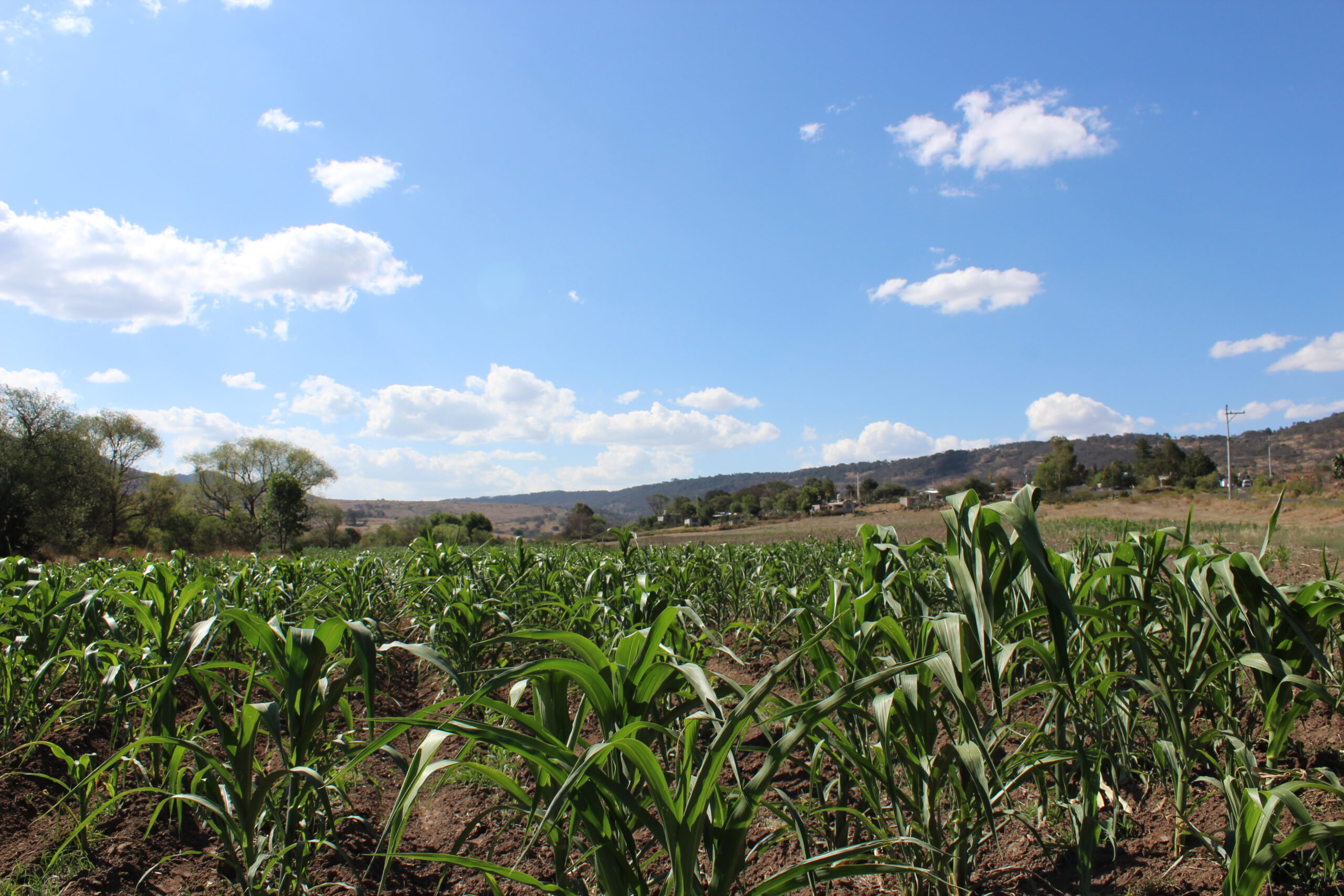
Mexico
Hijos del Maíz: Cultural Resilience and Community Responses to Food Insecurity in Amealco, Querétaro
- Status
- Completed Research
- Research Year
- 2023-24
This study is focused on food insecurity in Amealco, a marginalized community in the state of Querétaro, México where almost 60% of its population lives in poverty, with the majority being from indigenous communities (Coneval, 2020). Food security has a critical connection to health, well-being, and the proper development of individuals and societies. Using the six dimensions framework that characterizes food insecurity to guide our research – access, availability, agency, sustainability, use, and stability, this case study aims to increase the knowledge of how this issue manifests within the Amealco community and, potentially, in similar communities as well.
By identifying the underlying causes of food insecurity, appraising its impact on people’s health and well-being, and evaluating whether policy or societal interventions have had any effect, this research will facilitate the formulation of actions and recommendations to improve the health and food security of the Amealco community.
Researchers
-
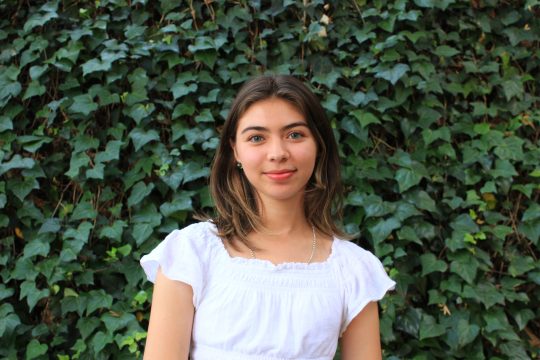
-
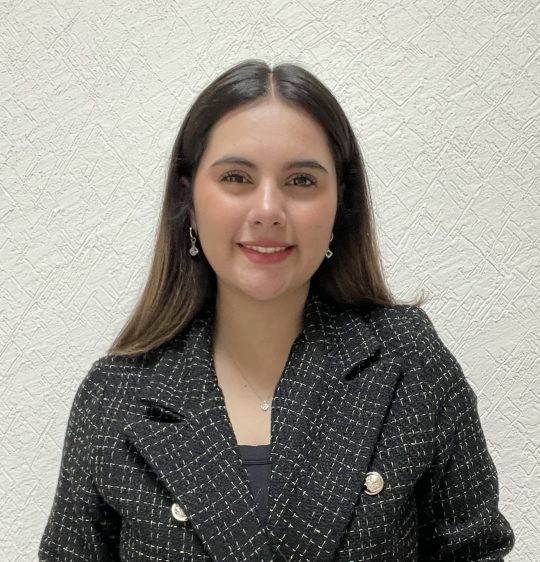
Tecnológico de Monterrey
Nadia Lozano Marchán
-

-
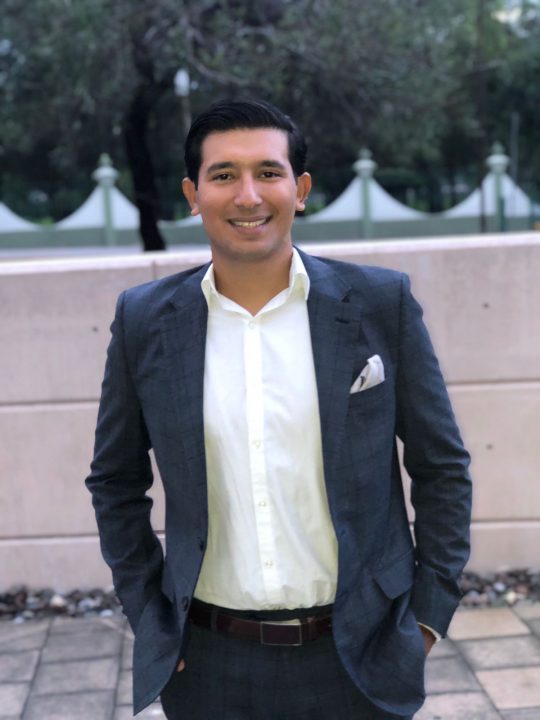
Mentors
-

-
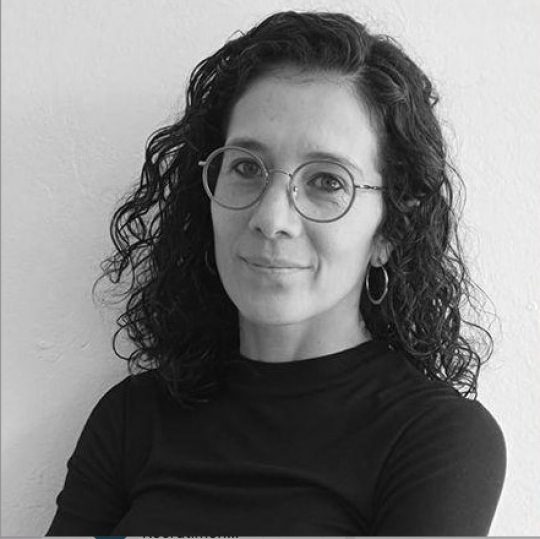
Tecnológico de Monterrey
Paola Abril Campos Rivera
Professor, School of Government and Public Transformation// Institute for Obesity Research, Tecnológico de Monterrey
-
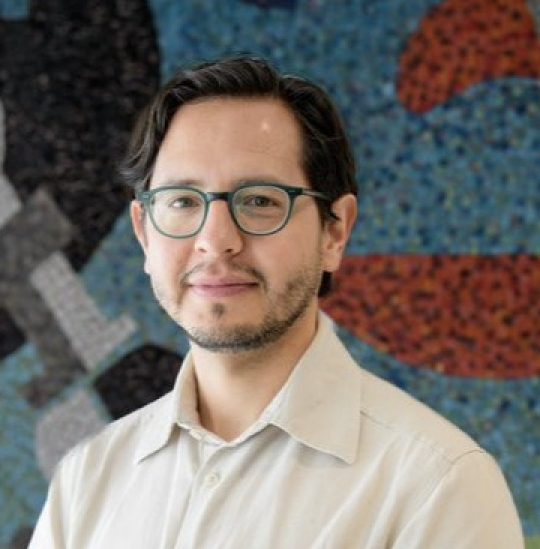
Tecnológico de Monterrey
Daniel Bernal Serrano
Health Policy Initiative Coordinator, Tecnológico de Monterrey

